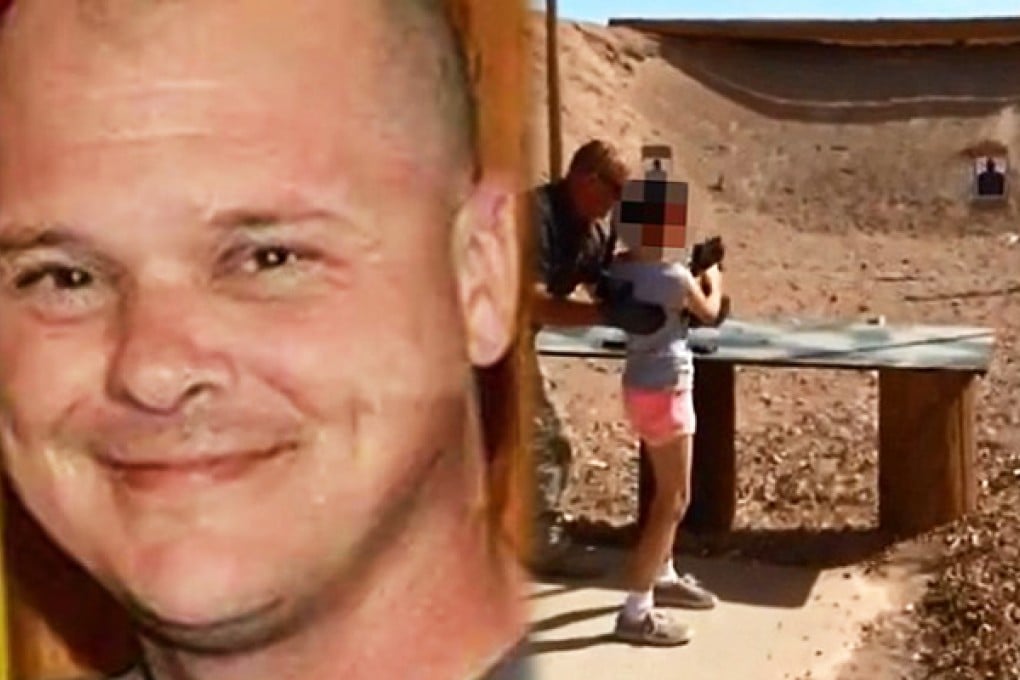Uzi girl's shooting of instructor shows up lax gun laws and attitudes in US
Most US states let children fire guns, even if some may be too young to understand how

In the wake of the accidental death of a gun instructor in the United States, many people will question why the nine-year-old girl who pulled the trigger was even allowed to hold and fire an automatic machine gun.
But gun laws - specifically those concerning minimum legal age requirements for gun possession - are surprisingly lax.
Federal law prohibits handgun ownership by any person under the age of 18, with a handful of exceptions. But there is no minimum age for long gun (rifle and shotgun) ownership.
Twenty states and the District of Columbia have set their own minimum age laws ranging from 14 in Montana to 21 in Illinois, but in the remaining 30 states it is technically legal for a child to possess a long gun.
That doesn't mean that a child can walk into a gun show and purchase a gun.
"There are federal laws for minimum age purchasing of firearms," said Daniel Webster, the director of the Johns Hopkins Centre for Gun Policy and Research. "Technically, anybody selling a gun in that context should look for age verification that someone is at least 18 years old."
But a child's parent could. "If dad wants to give his son a rifle or a shotgun on his 13th or 14th birthday, he's pretty much free to do that in most states," Webster said.